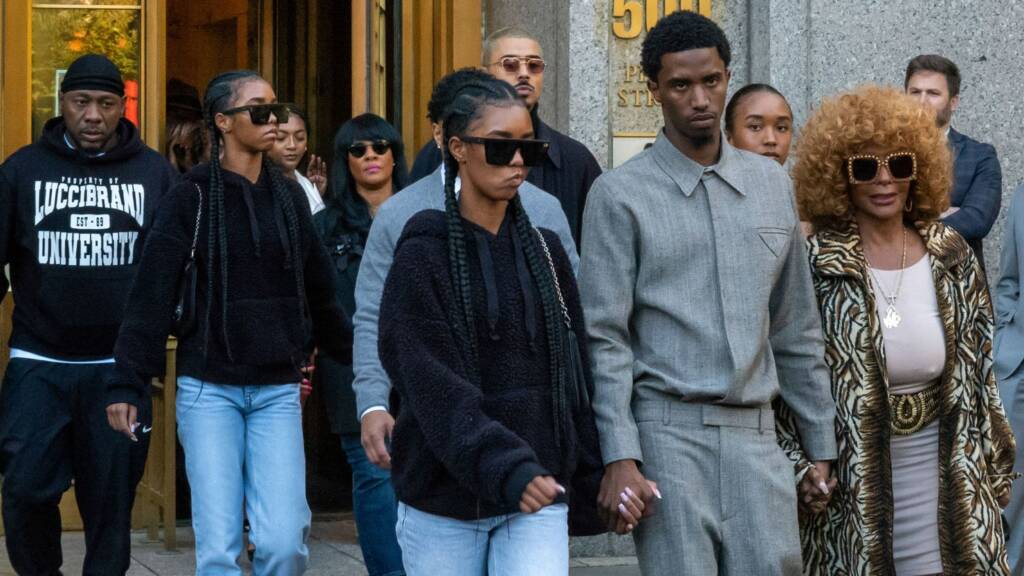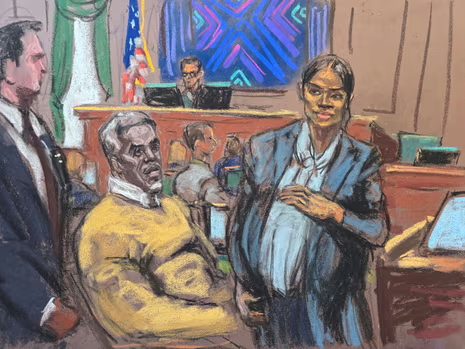Sean “Diddy” Combs Found Guilty on Lesser Charges Amid Mixed Verdict in Federal Trial
Years after the rise of the #MeToo movement, the federal trial of Sean “Diddy” Combs has highlighted how the justice system still struggles to handle cases involving abuse within intimate relationships.
On Tuesday morning, the jury delivered a mixed verdict in United States vs. Sean Combs. The hip-hop mogul was found not guilty on the most serious charges—racketeering and two counts of sex trafficking—but was found guilty on two counts of transportation to engage in prostitution, each carrying a maximum sentence of 10 years. Combs now faces up to 20 years in prison, pending sentencing.
The prosecution failed to convincingly prove the more complex charges, like the RICO statute violations, which require a higher burden of evidence. The transportation charges were clearer-cut, while the trafficking counts fell into a grey area. Ultimately, the verdict boiled down to which witnesses the jury—comprised of eight men and four women—found more credible, in what became a “he said, she said” battle.

Combs’ legal team carefully walked the line between acknowledging women’s voices and casting doubt on their intentions. Defense attorneys labeled the accusers as “strong, capable women,” while simultaneously suggesting they were motivated by financial gain. In closing arguments, they even asked the jury to “believe” those same women—but only when their words reflected positively on Combs.
The defense leaned heavily on the narrative of a “witch hunt” against a successful Black entrepreneur—a strategy that has echoed in other high-profile cases, such as Johnny Depp’s legal battle with Amber Heard. Yet in Combs’ case, the defense went a step further, using this cultural backlash to push back against claims tied to the #MeToo movement.
The verdict reflects a cultural shift. Though #MeToo empowered many survivors to speak out, the courtroom has become a space where doubt continues to reign. Guilty verdicts in the past—like those of Bill Cosby and Harvey Weinstein—momentarily advanced conversations about consent and abuse of power. But recent outcomes, including the not-guilty verdicts for Depp and now Combs, suggest a pendulum swing: from survivor validation to skepticism and legal defenses grounded in reputational protection.
While the law demands proof beyond a reasonable doubt, many abuse cases don’t come with solid physical evidence—only testimony, patterns, and emotional scars. In Combs’ case, the jury’s decision hinged on belief. After the verdict, he reportedly thanked the jury and prompted applause from the courtroom gallery.
But what exactly were they cheering for?
At 55, Combs could still spend a significant part of his life behind bars. Whether justice was truly served remains deeply contested. For many, this verdict signals yet another moment where the justice system fell short of fulfilling the promises that #MeToo once held.



